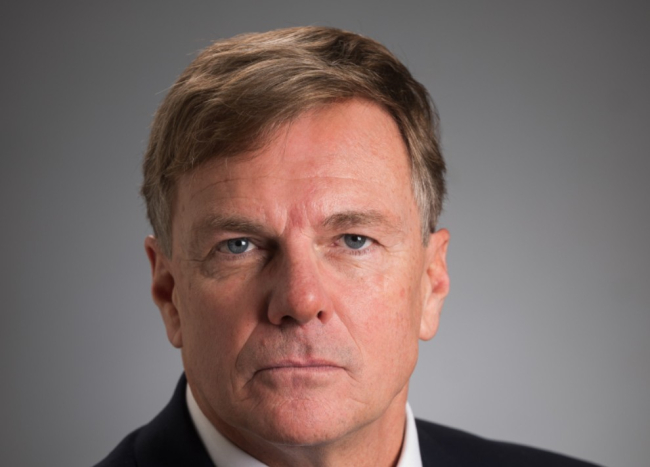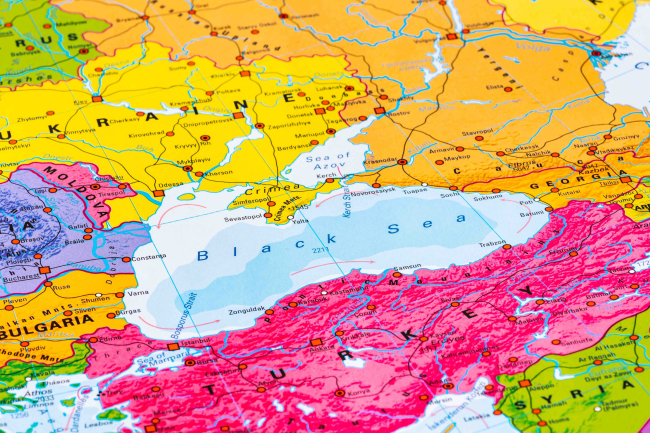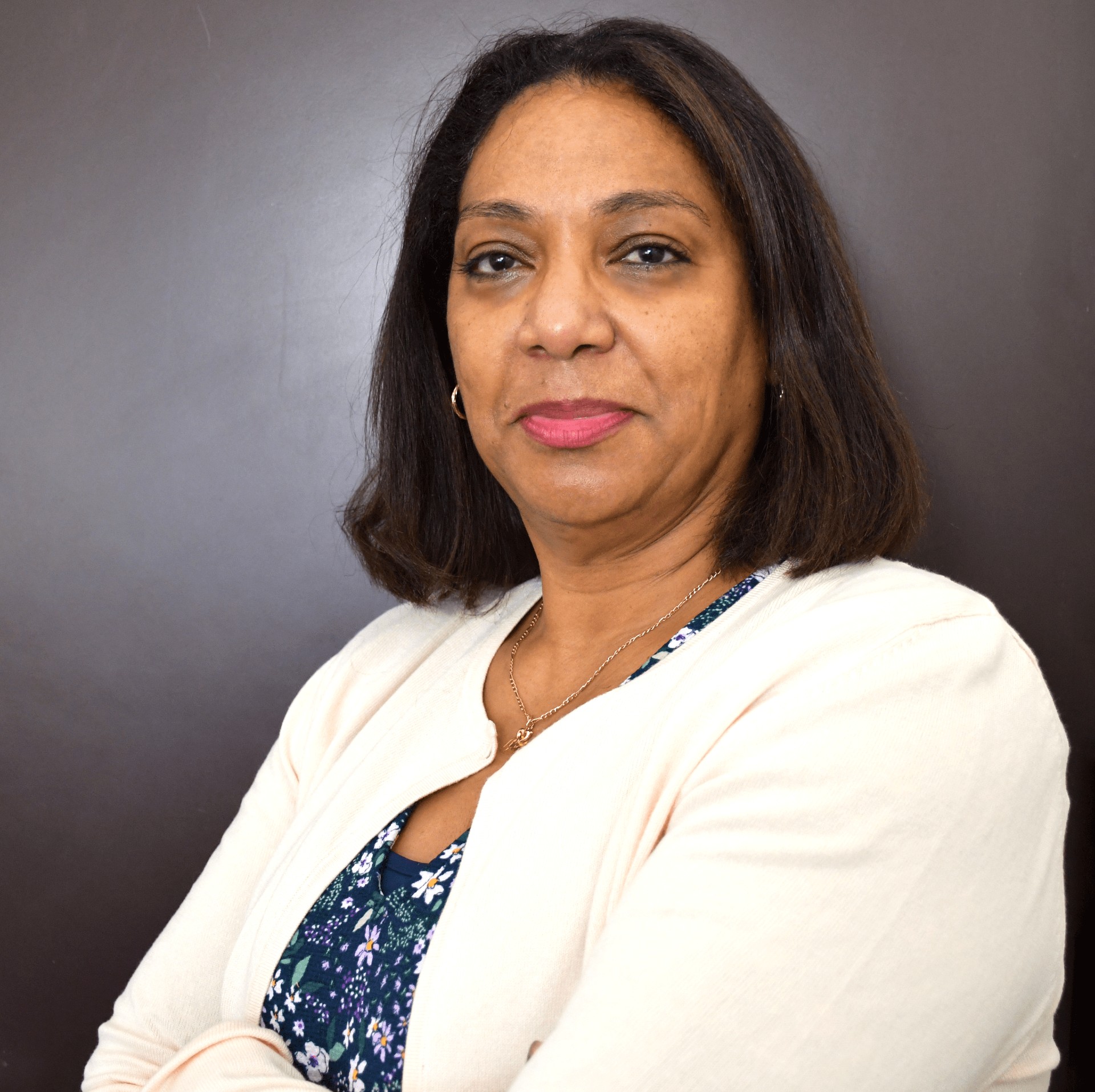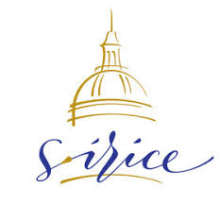The End of the “Traffic Light” Coalition: What can we Expect From the Early Federal Elections?

Practical information
Accessibility
Themes and regions
Related centers and programs

At the beginning of November 2024, barely three years after the formation of the “ Traffic Light ” Coalition between the Social Democrats, the Greens and the Liberals, the dismissal of Finance Minister Christian Lindner by Chancellor Olaf Scholz led to the end of this tripartite coalition.
IMPORTANT: To register, please use the form available via this link.
Ce qui fait bouger l'Allemagne (What Drives Germany)
5th and final series of 5 conference-debates on Germany
Fondation de l’Allemagne - Maison Heinrich Heine
Cité internationale universitaire de Paris, 27 C, boulevard Jourdan, 75014 Paris
Introduction:
Paul Maurice, Secretary General, Study Committee on Franco-German Relations (Cerfa), Ifri
Speakers:
Hélène Kohl, Independent Journalist, Correspondent, Berlin
Hans Stark, Professor of German Civilization, Sorbonne University, and Advisor on Franco-German Relations at Ifri
Moderator: Jeanette Süß, Research Fellow at Study Committee on Franco-German Relations (Cerfa), Ifri
In 2021, this coalition aimed to turn the page on the Merkel era by presenting itself as a "coalition of progress." However, the numerous disagreements that arose over economic and budgetary issues, the energy transition, and the necessary reforms to modernize the country ultimately paralyzed the government’s actions. The end of the coalition thus paves the way for early elections, which are expected to take place on February 23, 2025. Forming a new government in Germany will be crucial to maintaining its leadership in European affairs, working in tandem with France, at a time when international challenges (transatlantic relations, the war in Ukraine, trade tensions with China) demand a swift response from the European Union.
How can the failure of the "Traffic Light" Coalition be explained? What were its main achievements? What are the political prospects for Germany after the February 2025 Elections?
"What Drives Germany," a series of conferences moderated by Jeanette Süß (Cerfa), aims to explore the major political issues facing Germany, a country grappling with several geopolitical, economic, and security upheavals. These challenges are leading to an increasing fragmentation of the German political system. The so-called "traditional" parties faced a crucial test this year in the European and regional elections. In this context, political developments in Germany significantly shape Franco-German relations, which remain vital to the future of Europe.
In cooperation with the Study Committee on Franco-German Relations (Cerfa), the SIRICE Research Laboratory (Sorbonne – Identities, International Relations, and Civilizations of Europe), the Allemagne d'aujourd'hui, Magazine, and the Hub Culturel Européen.
Contact
Catherine NAIKER
Assistant to the Study Committee on Franco-German Relations (Cerfa), Ifri
Our partners
Related Subjects
Other events

Foreign Intelligence Services Amidst the War in Ukraine: Adapting to a New Strategic Reality
European foreign intelligence services have had to continuously adapt to the rapidly evolving security landscape of the past few years. Following challenges such as the COVID-19 pandemic, financial crises, and hybrid threats, the Russian war of aggression against Ukraine has placed conventional military conflict at the centre of European security concerns.

Affirming European Security in Ukraine and the Black Sea Region
European security has been challenged in 2022 with the full-fledged invasion of Ukraine by the Russian Federation.

Doing Politics in African Cities: Actors, Causes and Forms of Urban Social Mobilization
From Maputo to Nairobi and from Lagos to Dakar: recently, African cities have been the theatre of mobilizations by groups of young protesters.












